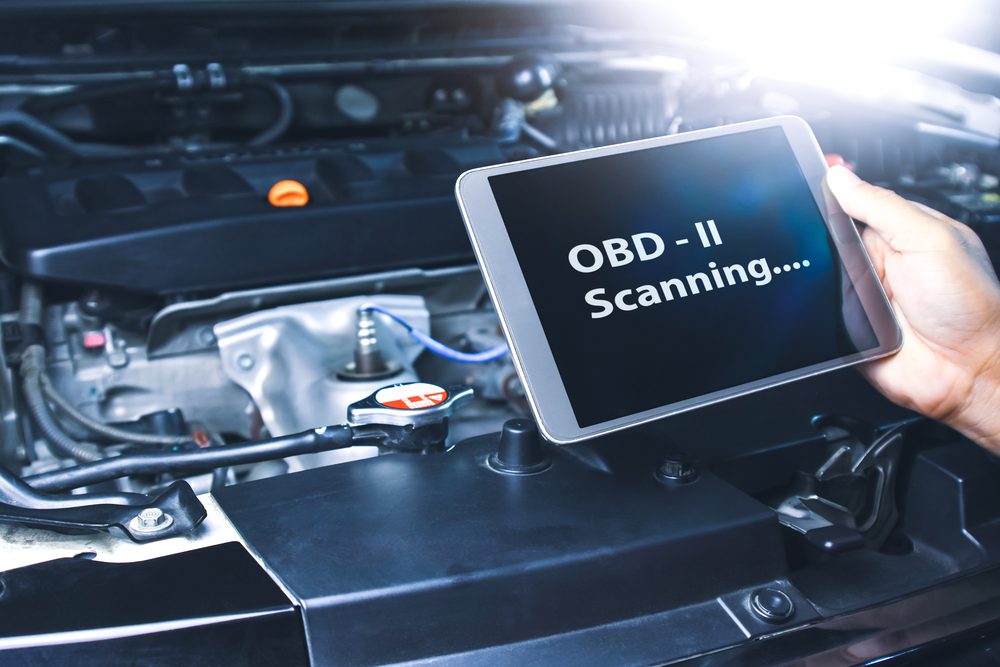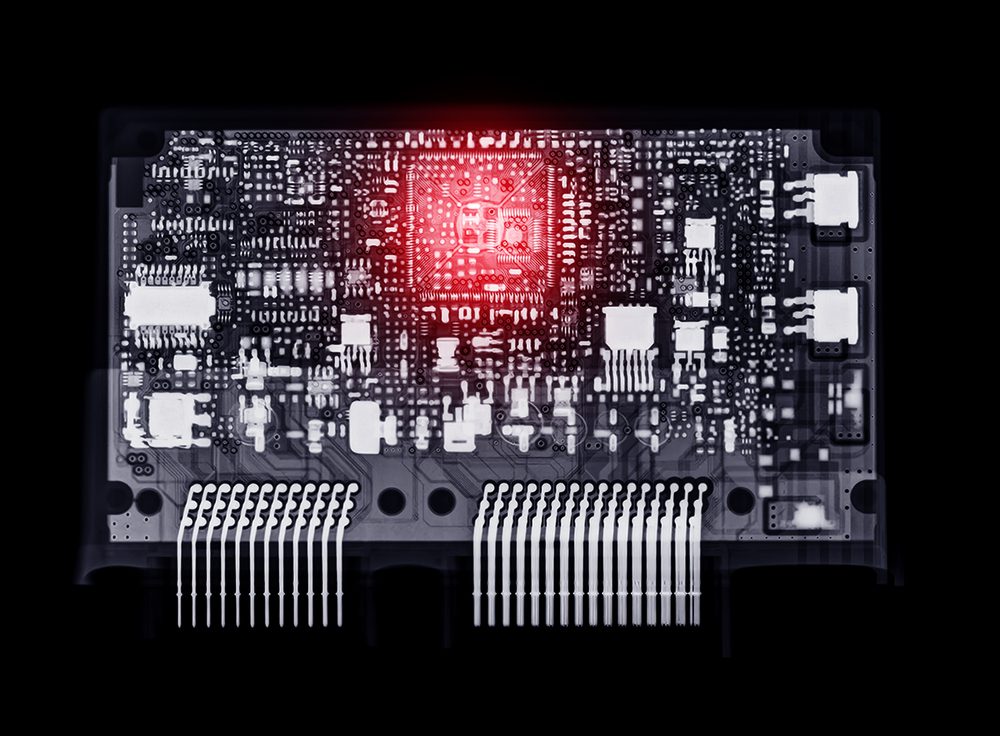What is ECU Testing on Cars?
ECU testing, also known as Engine Control Unit testing, is a crucial process that ensures the proper functioning of a car’s engine management system. The Engine Control Unit (ECU) is responsible for managing various aspects of the engine’s performance and efficiency. Testing the ECU helps identify any issues or faults that may be affecting the overall performance of the vehicle.
The Importance of ECU Testing
The ECU is essentially the brain of a car’s engine, as it controls vital systems such as fuel injection, ignition timing, and emission control. It collects data from various sensors placed around the vehicle and makes real-time adjustments to optimize engine performance. Without a properly functioning ECU, a car’s engine would not perform efficiently, resulting in decreased power, poor fuel economy, and increased emissions.
Regular ECU testing is essential to maintain the optimal performance of a vehicle and ensure its compliance with emission regulations. It allows technicians to identify and rectify any issues or faults before they escalate into more significant problems. By diagnosing problems early on, ECU testing can prevent potential breakdowns, reduce repair costs, and extend the lifespan of the engine.
The ECU Testing Process
ECU testing involves various steps to assess the functionality of the Engine Control Unit. Here is an overview of the typical ECU testing process:
- Initial Assessment: The first step involves connecting the vehicle to a diagnostic tool that can communicate with the ECU. This tool retrieves data stored in the ECU’s memory, including error codes and other relevant information.
- Data Analysis: The retrieved data is then analyzed to identify any potential problems or faults. Technicians use specialized software to interpret the data and pinpoint specific areas that require attention.
- Functional Testing: Once potential issues are identified, the ECU undergoes functional testing. This includes simulating various operating conditions and monitoring how the ECU responds. The aim is to ensure that the ECU is making accurate calculations and adjustments based on the input it receives from sensors.
- Hardware Inspection: During the testing process, technicians also inspect the hardware components of the ECU. They check for any physical damage, loose connections, or faulty wiring that may contribute to malfunctioning.
- Repair or Replacement: If any faults or issues are detected during the ECU testing, appropriate repairs or replacements are carried out. This may involve replacing faulty components, updating software, or reprogramming the ECU.
The Benefits of ECU Testing
ECU testing brings several benefits to both car owners and technicians. Some of these include:
Improved Performance: ECU testing helps identify any issues that may be affecting the engine’s performance, allowing for their timely resolution. This ensures that the engine operates optimally, resulting in improved power, fuel efficiency, and smoother driving experience.
Diagnostics: ECU testing provides valuable diagnostic information about the vehicle, helping technicians pinpoint specific problems or faults. This enables them to make accurate repairs or replacements, reducing the time and cost involved in troubleshooting.
Emission Compliance: With increasing environmental concerns, it is essential for vehicles to comply with emission regulations. ECU testing helps ensure that the engine management system is functioning correctly, limiting harmful emissions and contributing to a cleaner environment.
Preventative Maintenance: Early detection of issues through ECU testing allows for proactive maintenance, preventing potential breakdowns and costly repairs in the future. Regular testing helps in identifying and rectifying emerging problems before they escalate into more significant and expensive faults.
In Conclusion
ECU testing is an integral part of maintaining the optimal performance and efficiency of a car’s engine. By identifying and rectifying issues with the Engine Control Unit, ECU testing ensures that the engine operates at its best, providing an enjoyable driving experience while minimizing emissions and maximizing fuel economy. Regular ECU testing is a proactive approach to vehicle maintenance that saves time, money, and potential headaches in the long run.



